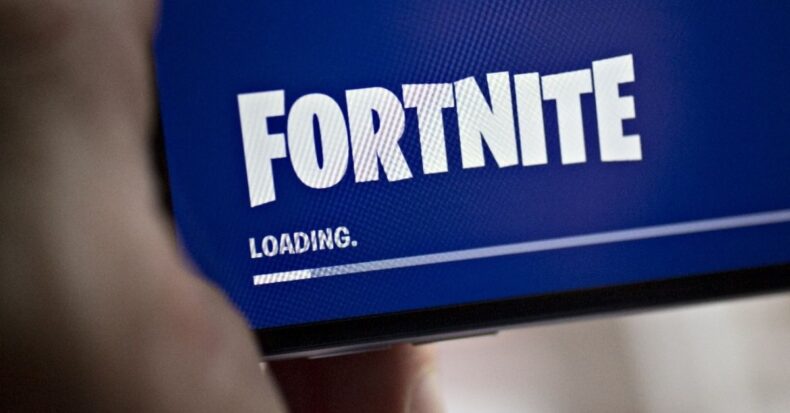The ongoing legal battle between tech giant Apple and Epic Games shows no signs of ending anytime soon. This time, the Fortnite creator has opposed the tech giant’s efforts to put a hold on orders in an antitrust trial until a US court decides the outcome of its appeal.
Earlier in September, a US district judge ruled that Apple’s tech giant should not prohibit its store developers from directing their users to other payment options besides Apple’s in-app payment system.
This ruling in favour of Fortnite’s developer Epic Games and other app makers was unsurprisingly short-lived. Apple had already filed an appeal requesting to get the whole order which came out in favour of the Epic Games to be reversed.
The series of this legal battle between Epic Games and Apple began when Epic Games filed a complaint against Apple in August 2020 in a United States District Court regarding Apple’s practices in the iOS App Store.
Epic Games specifically had challenged Apple’s restrictions on apps from having other in-app purchasing methods outside of the one offered by the App Store.
Like Apple, Google also restricted the move from Epic Games when Epic Games launched a payment option that enables the user to pay Epic Games directly without using either Apple’s or Google’s payment.
The epic direct payment was initiated to pass on savings to direct purchasers, to which both Apple and Google retaliated by blocking Fortnite updates. Google was at first silent when the decision of Epic Games to include Epic direct pay. However,
Apple was furious with the decision, and they blocked Fortnite from App Store. Following Apple, Google also eventually stopped its updates.
Apple’s Stand
Apple is due in court again on November 9 and has until December 9 to comply with the current injunction to deliberate on the matter. However, Apple refuses to do so until after the court arrives with a decision on its appeal process, which could drag on to over a year.
How did other Companies react to the Epic Games vs Apple legal battle?
The Match Group, Facebook, and Spotify came out publicly and showed their support for Epic Games in its lawsuit and spoke of their past issues with Apple’s App Store policies related to their services.
Digital Content Next, a non-profit trade group that represents media outlets such as The New York Times and The Wall Street Journal, also backed Epic’s suit, asserting among other issues that Apple has given out uniquely favourable deals to some providers like Amazon but not to others.
Microsoft announced a commitment to ten fairness principles in the operation of its Microsoft Store on Windows 10 on October 8, 2020. The commitment to ten fairness principles included:
- Promises of transparency over its guidelines.
- Not removing apps from the store based on their business model.
- Handling payments or how their services are delivered.
- Not blocking competing app stores from being used on Windows.
Epic Games vs Google
The beginning of Epic’s lawsuit against Google was brought on the same day as Epic’s suit against Apple. However, Google stressed the legal situation around their case is far different from what is with Apple.
They have asserted that the Android operating system does not have the same single storefront restriction as Apple’s iOS and thus allows different Android phone manufacturers to bundle various storefronts and apps. There are suits and countersuits between Google and Epic Games like that of Apple.













